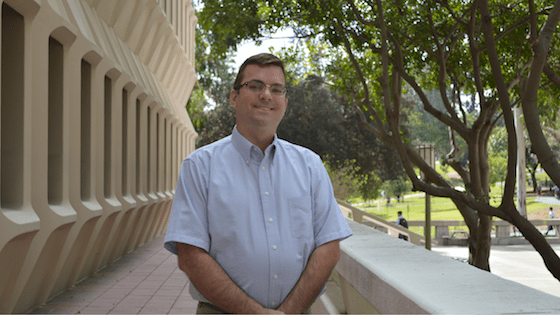UCI-led study offers framework for including racism's health effects in pharmacy curricula

Racism has been declared a national public health crisis by the American Public Health Association. With the minority population in the U.S. being the fastest-growing demographic, experts say, it’s essential that healthcare professionals recognize the social determinants of health among racial and ethnic minorities. Education and training, they say, should begin in school so that graduates are prepared to address disparities and advocate for interventions. Cheryl Wisseh, UCI health sciences assistant clinical professor of clinical pharmacy practice, is co-lead author of a recent study offering a framework for educators – based on a social ecological model borrowed from public health theory – that has been effectively utilized to influence behavior change that positively affects health outcomes. The proposed targets for strategic intervention are: curricular, interprofessional, institutional, community and accreditation. “Future pharmacists will practice in increasingly diverse health systems and communities,” Wisseh said. “Students must be able to define, name and address racism in all its forms; understand how it influences the distribution of social determinants of health; and how it ultimately leads to racial disparities in health and healthcare. They must also realize that it will take a multifaceted, interdisciplinary and community-based approach to reduce disparities.” The study is published online in the American Journal of Pharmaceutical Education.


